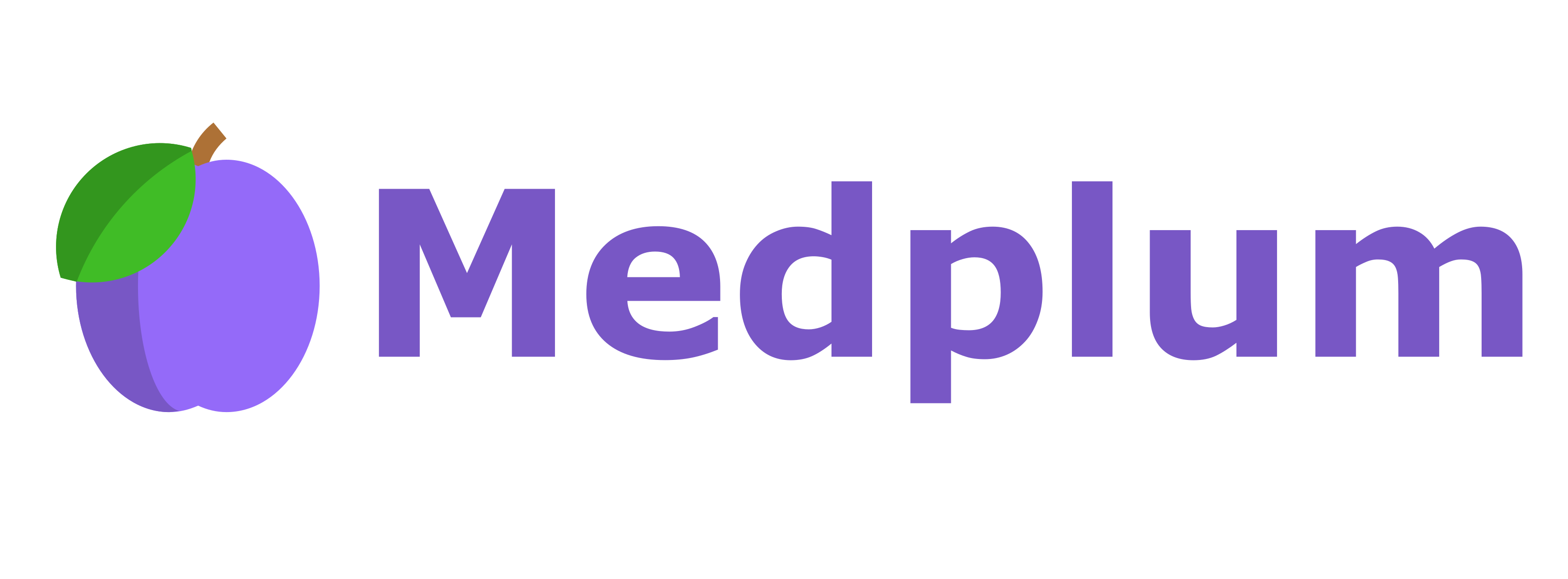Abstraction Level
- pg:
pg provides a low-level interface to PostgreSQL, allowing developers to execute raw SQL queries directly. This offers maximum control but requires more boilerplate code and manual handling of SQL syntax.
- sequelize:
sequelize is a high-level ORM that abstracts database interactions completely. It allows developers to define models and relationships, making it easier to work with complex data structures without writing raw SQL.
- pg-promise:
pg-promise offers a moderate level of abstraction, allowing developers to use promises for asynchronous operations while still writing raw SQL. It simplifies query handling and offers utilities for formatting and managing connections.
- postgresql-client:
postgresql-client is a basic client with minimal abstraction, suitable for simple database interactions without the complexity of advanced features or ORM capabilities.
Query Handling
- pg:
pg requires developers to manually handle query execution and results, providing flexibility but increasing complexity for error handling and data manipulation.
- sequelize:
sequelize provides a robust query interface that allows developers to perform CRUD operations using model methods, significantly reducing the need for raw SQL and enhancing code readability.
- pg-promise:
pg-promise simplifies query handling with built-in support for promises, allowing for cleaner and more manageable asynchronous code. It also includes features for automatic query formatting and error handling.
- postgresql-client:
postgresql-client offers basic query handling capabilities, but lacks advanced features like promise support or automatic formatting, making it less suitable for complex applications.
Transaction Management
- pg:
pg supports transactions but requires manual handling of transaction logic, making it more error-prone for complex operations that involve multiple queries.
- sequelize:
sequelize provides a comprehensive transaction management system that allows developers to easily create and manage transactions, ensuring data integrity across multiple operations.
- pg-promise:
pg-promise includes built-in transaction management, allowing developers to easily group multiple queries into a single transaction with promise support, enhancing reliability and error handling.
- postgresql-client:
postgresql-client has basic transaction support but lacks advanced features, making it less suitable for applications requiring complex transaction management.
Learning Curve
- pg:
pg has a steeper learning curve for those unfamiliar with SQL, as it requires a good understanding of raw SQL syntax and database concepts.
- sequelize:
sequelize has a moderate learning curve due to its ORM concepts, but once understood, it simplifies database interactions significantly, especially for those familiar with object-oriented programming.
- pg-promise:
pg-promise is easier to learn for JavaScript developers due to its promise-based structure, making it more approachable for asynchronous programming.
- postgresql-client:
postgresql-client is straightforward and easy to learn, making it suitable for beginners or simple applications.
Community and Ecosystem
- pg:
pg has a large community and is widely used, ensuring good support and a wealth of resources for troubleshooting and best practices.
- sequelize:
sequelize boasts a large community and ecosystem, with numerous plugins and extensions available, making it a popular choice for developers looking for an ORM solution.
- pg-promise:
pg-promise also has a strong community, with extensive documentation and examples available, making it easier to find help and resources.
- postgresql-client:
postgresql-client has a smaller community and fewer resources compared to the other libraries, which may limit support options.















